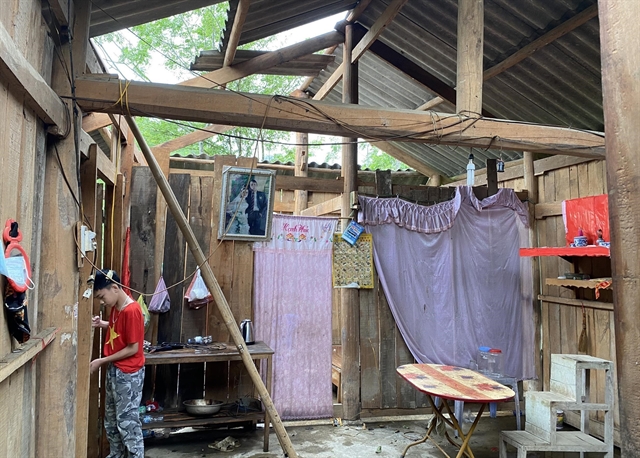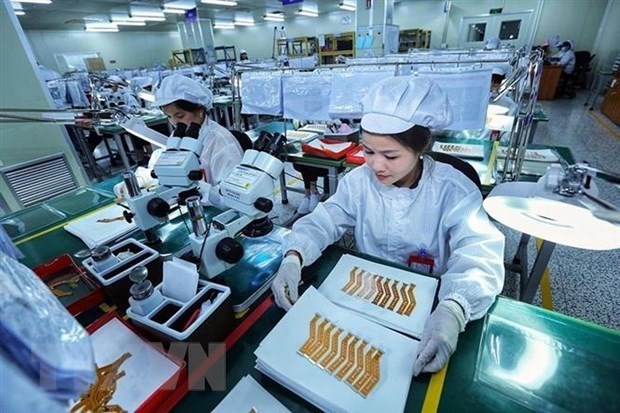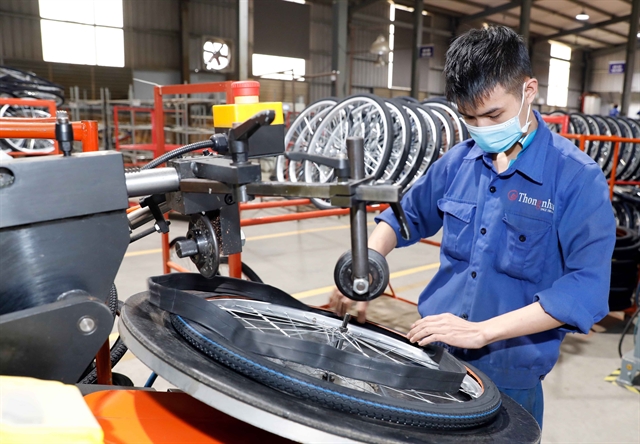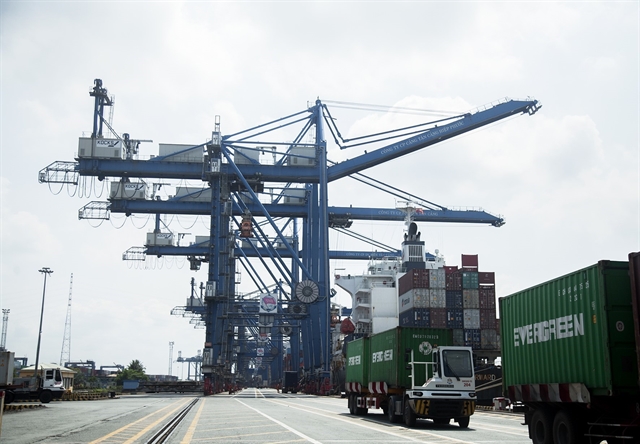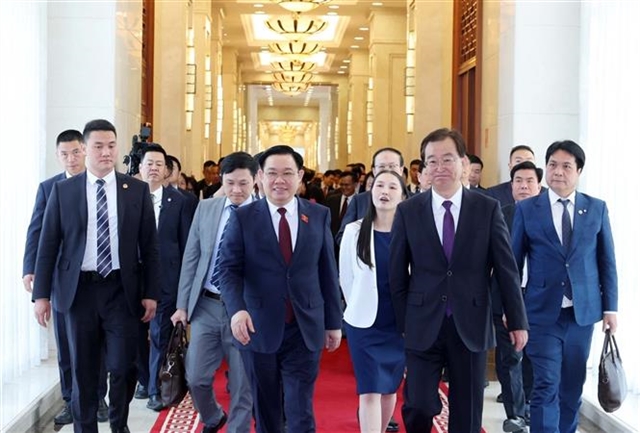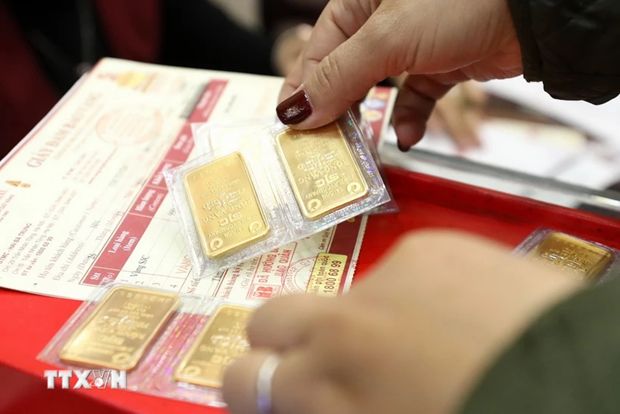 Economy
Economy

The equitisation of State-owned enterprises in HCM City has been progressing at a snail’s pace partly because their managements are dragging their feet, experts have said.
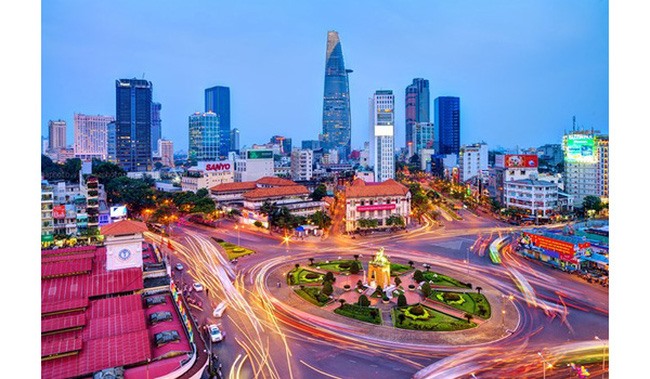 |
| The equitisation of State-owned enterprises in HCM City has been progressing at a snail’s pace partly because their managements are dragging their feet. — Photo cafef.vn |
HCM CITY — The equitisation of State-owned enterprises in HCM City has been progressing at a snail’s pace partly because their managements are dragging their feet, experts have said.
Reviewing the progress made in equitisation in the first half of 2017, the steering committee for SOE renewal and development said it was tardy, with HCM City being the biggest laggard, with none of the 39 SOEs to be equitised in 2018-20 making any progress.
It blamed the delay on several factors including the lack of will on the part of SOE managements to equitise quickly.
According to the steering committee, 38 of the 39 city-based SOEs to be equitised have been formally instructed to equitise and carry out valuations and permitted to choose equitisation consultants.
Seven of them have been instructed to sell their assets.
But those with assets in other localities also have to get permission from the local province or city authorities.
Many SOEs have found it difficult to assess the value of their landed assets.
The management of the HCM City Urban Environment Co said it received the order to equitise last April, and in two months completed procedures for the sale of its assets.
But the company has encountered legal problems with two of four land plots it has, affecting the valuation of its assets.
Experts said one of the challenges facing companies planning to make initial public offerings is the low percentage of stakes they offer. Many investors prefer larger stakes in order to acquire management rights in the enterprises, they said.
They also blamed the managements of some SOEs for the slow pace of equitisation, with some bosses designing policies to benefit investors who have close relations with them.
Others, worried about losing benefits once their SOEs are equitised, make such plans for equitisation that would allow them to continue enjoying those benefits, Dr Nguyễn Văn Thuận of the University of Finance – Marketing said.
The determination of the SOEs’ leadership and relevant agencies is the decisive factor in the equitisation process, he said.
According to economist Bùi Kiến Thành, the use of public monies sunk in SOEs, which account for 40-50 per cent of all investments made in the country, is inefficient, causing damage to the economy.
“Though the decision on equitisation of SOEs was made more than a decade ago, the equitisation process has progressed slowly. It must be done thoroughly now.” — VNS

